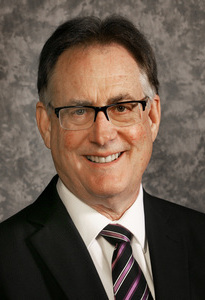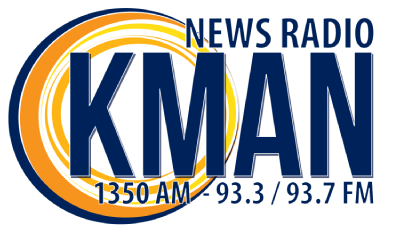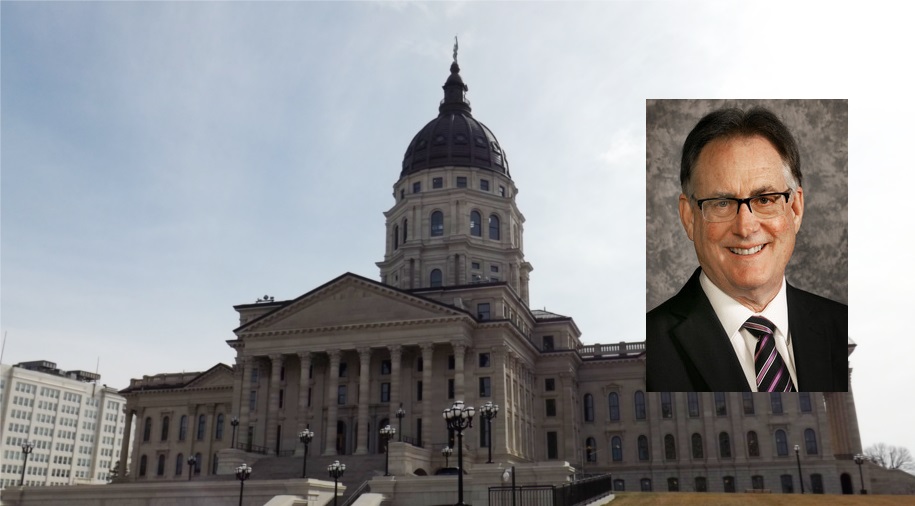A Manhattan state senator told KMAN he is optimistic the legislature can override the latest veto from the governor.
“I’m hoping and thinking we’ll get the 27 votes to take care of our constituents,” Sen. Tom Hawk said Thursday. “That’s what we need now if the governor’s not gonna be a party to the problem solving.”
Kansas Gov. Sam Brownback vetoed a bill that would have extended the state’s health coverage for the poor under former President Barack Obama’s signature health care law.
The conservative Republican made the move Thursday. He said the expansion would fail to serve the truly needy and would burden the state with what he called “unrestrainable entitlement costs,” according to the Associated Press.

The bill would have expanded Medicaid coverage to as many as 180,000 additional adults.
Legislators gave final approval to the measure Tuesday. It had strong bipartisan majorities in both chambers, but supporters were short of the two-thirds majorities necessary to override a veto. As of Thursday afternoon, the vote to override had been tabled.
While supporters of the veto tried to speed up an override vote on Thursday morning, according to Hawk, he said the senate has 60 days to take a vote. Just a day away from a month long recess, Hawk said his hope is legislators will go out and listen to their constituents’ wishes at town hall meetings. Hawk will be at a Legislative Coffee at Sunset Zoo on Saturday morning, where he said he expects to hear those concerns.
Hawk was also critical of Brownback’s written response to the veto, where he falsely said Medicaid dollars would fund Planned Parenthood abortions in Kansas. Hawk said Brownback has a habit of using his leadership to spread negativity.
“I am concerned about that as a tactic the governor used to try and imply that this was an abortion bill in the style of his veto message,” Hawk said.
A January 2017 poll done by the American Cancer Society indicated 82% of Kansans favor Medicaid expansion, which is a significant increase from a March 2016 poll done by the Kansas Hospital Association, where 62% were in support of accepting the federal aid. However, for Hawk, the issue is also a matter of common sense.
Under the 2010 Affordable Care Act signed by Obama, states were granted opportunity to widen eligibility for Medicaid with the federal government paying 100 percent of increased costs through 2016. The federal share drops to 95 percent in 2017 and 90 percent by 2020. But Brownback’s administration still sees an expansion as potentially costly.
According to a study done by the Robert Wood Johnson Foundation, Kansas has missed out on more than $26 billion in federal funding since 2013. Hawk indicated by 2019, the state would receive more than $1 billion in federal funds — money that Kansas taxpayers have already contributed. Hawk did indicate the state would have to budget for a larger payment to the federal government, although they would receive upwards of $75 million in return.
Hawk said his peers in the Senate need to work toward compromise in order to get the necessary votes for an override, and ultimately help Kansans. Rural hospitals such as the ones found in Hawk’s district would benefit from the federal money by funding emergency room visits and insuring more people.
“In the end to turn our backs on people — where the result is misery, and suffering, and death — that’s not an option for me,” he said.
Supporters of Medicaid expansion were emboldened earlier in the week after the U.S. House of Representatives failed to vote on a bill which would repeal and replace the ACA. Hawk said in the event Congress eventually replaces Obamacare, Kansas would be best-suited to expand Medicaid now to qualify for more money under a future block grant system.


